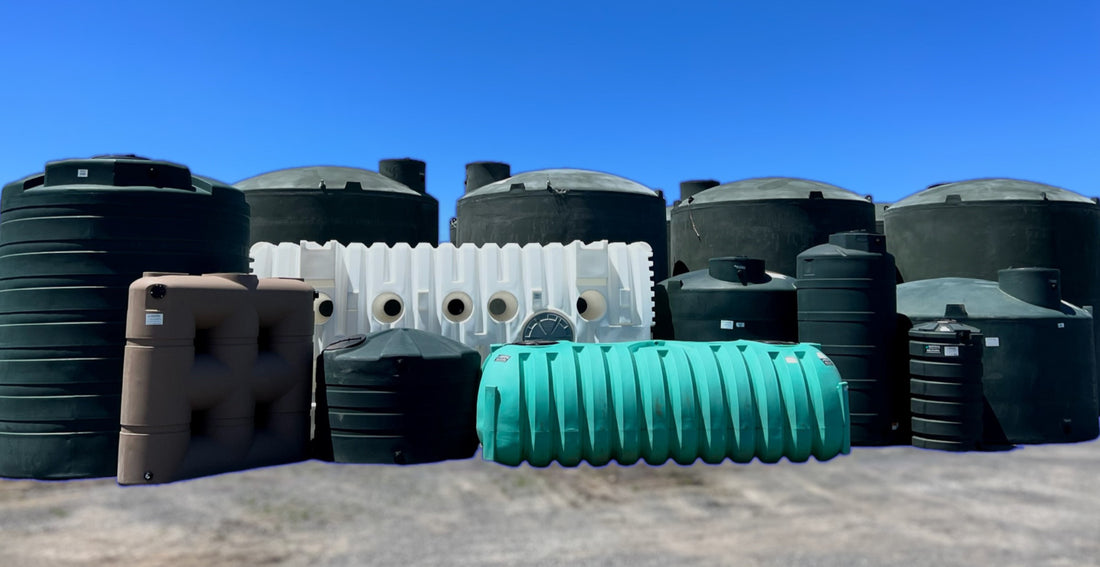Storing water is essential for many reasons, mainly when life events occur, and reliable drinking water may be unavailable. National Poly Tanks is the premier source of cost-effective and long-lasting poly tanks from Bushman Tanks and Snyder Tanks.
Here are the top 10 reasons to store water
Emergency Preparedness
Having a stored water supply is crucial during emergencies such as natural disasters (earthquakes, hurricanes, floods), power outages, or civil unrest when water infrastructure may be compromised.
Water Shortages
In regions prone to drought or water scarcity, storing water ensures a backup supply for daily needs and sustenance of life.
Contingency Planning
Storing water is part of any well-thought-out contingency plan to ensure the well-being of communities and individuals during unexpected events.
Temporary Disruptions
If there are temporary disruptions in the water supply due to maintenance work or pipe damage, stored water can help bridge the gap until regular service is restored.
Remote Locations
Accessing water sources can be challenging in remote or off-grid locations. Storing water becomes vital for the survival of inhabitants in such areas.
Survival and Self-sufficiency
For outdoor enthusiasts, campers, and hikers, carrying and storing water is essential for their survival and self-sufficiency in the wilderness.
Agricultural and Livestock Needs
Farmers and livestock owners often store water to sustain crops and ensure their animals have a reliable water supply, particularly during dry seasons.
Health and Hygiene
A consistent water supply is necessary for maintaining proper hygiene, sanitation, and health, especially when waterborne diseases are prevalent.
Ensuring Clean Water
Storing water in appropriate containers helps preserve its purity and prevents contamination from external sources.
Economic Benefits
By storing water during times of abundance, individuals and communities can save money by avoiding the need to purchase water during periods of scarcity when prices may rise.
Remember to rotate your water supply regularly to ensure freshness and usability. The amount of water to store varies based on individual needs and the specific situation. However, having a minimum of a three-day supply is a standard guideline for emergency preparedness. Most people elect to store much more in anticipation of needing it sooner than later.

